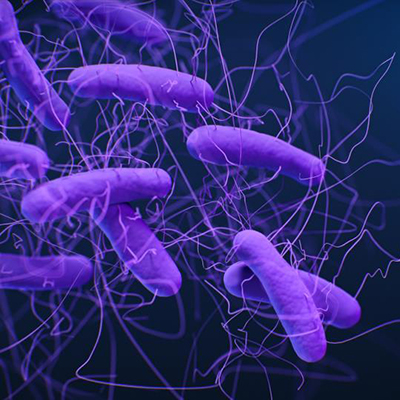 CHOP researchers discover why C. difficile is so difficult
CHOP researchers discover why C. difficile is so difficult
An antibiotic-resistant, opportunistic pathogen works with Clostridioides difficile to reshape and enhance the metabolic environment in the gut so that C. difficile can thrive, according to a study from the Children's Hospital of Philadelphia (CHOP). Read More
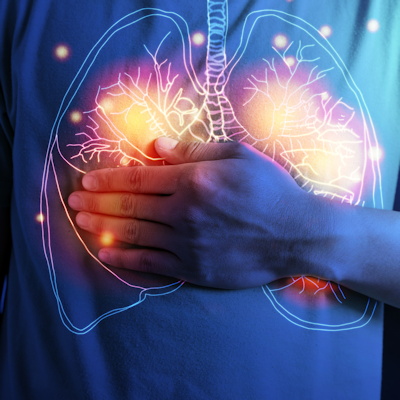 Research reveals secrets of myocarditis in immunotherapy patients
Research reveals secrets of myocarditis in immunotherapy patients
Vanderbilt-Ingram Cancer Center researchers have discovered why myocarditis occurs in cancer patients treated with immune checkpoint inhibitors. Read More
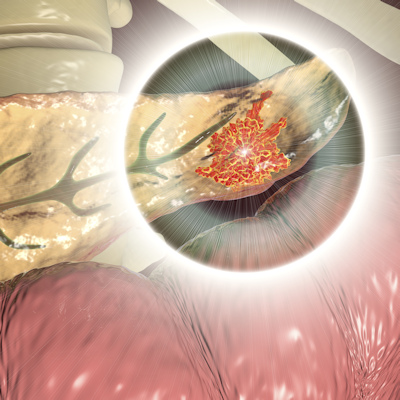 Bacteria infiltrates tumors, helps them spread
Bacteria infiltrates tumors, helps them spread
New research shows bacteria infiltrate tumors and could help them progress and spread. Related, scientists from the same institution reveal a link between oral health and cancer. Read More
 Alzheimer's risk gene degrades brain's 'wiring'
Alzheimer's risk gene degrades brain's 'wiring'
Massachusetts Institute of Technology-based researchers investigated the gene variant APOE4, which increases the risk of Alzheimer's disease, revealing APOE4's consequences in the brain and providing potential pharmaceutical-based treatment strategies. Read More
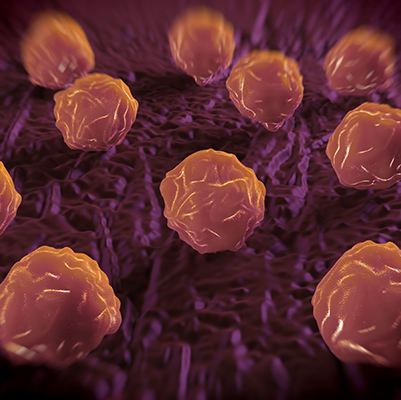 New tech produces organoids capturing key features of human bone marrow
New tech produces organoids capturing key features of human bone marrow
Scientists from Oxford University and the University of Birmingham contend they have made the first organoids that capture the key features of human bone marrow. The technology will allow for the screening of multiple anticancer drugs at the same time, as well as the testing of personalized treatments for individual cancer patients, according to the researchers. Read More
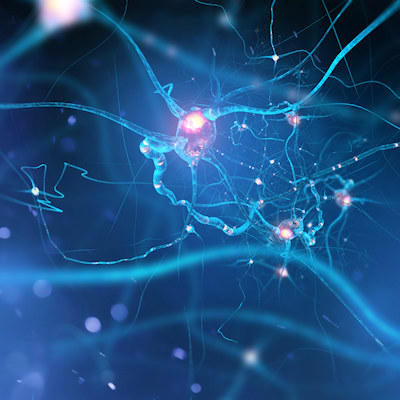 Nerve cell discovery may improve neurodegenerative disease treatments
Nerve cell discovery may improve neurodegenerative disease treatments
Researchers at King’s College London and the University of Bath have made a nerve cell discovery that may improve treatment options for patients with neurodegenerative diseases, including Alzheimer’s. Read More
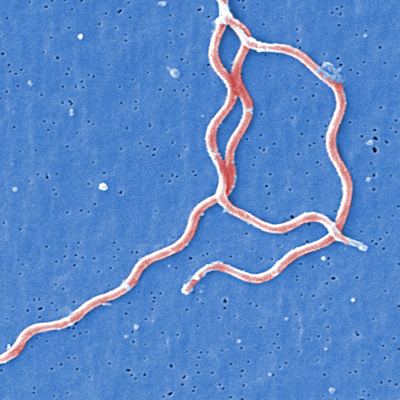 Scientists identify genes that may help diagnose long-term Lyme disease
Scientists identify genes that may help diagnose long-term Lyme disease
Researchers at the Icahn School of Medicine at Mount Sinai have identified 35 genes that are particularly highly expressed in people with long-term Lyme disease. The scientists contend that these genes could potentially be used as biomarkers to diagnose patients with the condition and may lead to new therapeutic targets Read More
 Parkinson's medication may reduce cisplatin chemotherapy side effects
Parkinson's medication may reduce cisplatin chemotherapy side effects
An international collaboration of researchers has identified a drug approved for Parkinson's disease that could be a potential game changer for cancer patients, reducing major side effects for those receiving cisplatin chemotherapy. Read More
 Keen Therapeutics collaborates with Chemical.AI to boost drug R&D
Keen Therapeutics collaborates with Chemical.AI to boost drug R&D
Biotechnology startup Keen Therapeutics and artificial intelligence technology company Chemical.AI have announced a milestone in their collaboration. Leveraging Chemical.AI's automated synthesis lab and ChemFamily products, Keen contends it has been able to expedite their drug discovery processes, particularly in their study of ferroptosis. Read More
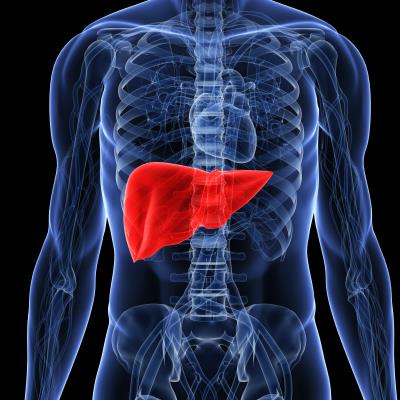 Liver regeneration tied to parasites associated with leprosy: study
Liver regeneration tied to parasites associated with leprosy: study
Scientists at the University of Edinburgh have discovered that bacteria linked with leprosy can reprogram cells to increase the size of a liver in adult armadillos without causing damage, scarring, or tumors. Read More
Member Rewards
Earn points for contributing to market research. Redeem your points for merchandise, travel, or even to help your favorite charity.
Research Topics
Interact with an engaged, global community of your peers who come together to discuss their work and opportunities.
Connect
Tweets by @ScienceBoard



